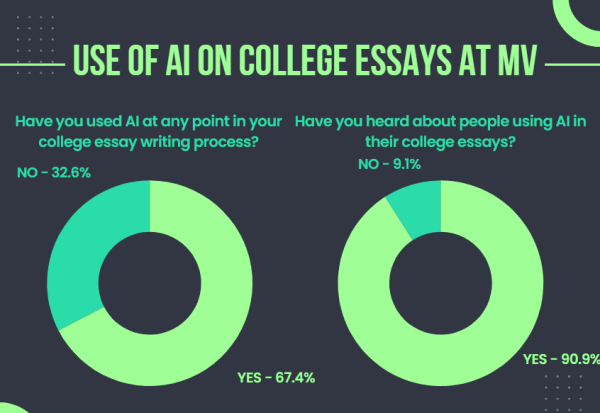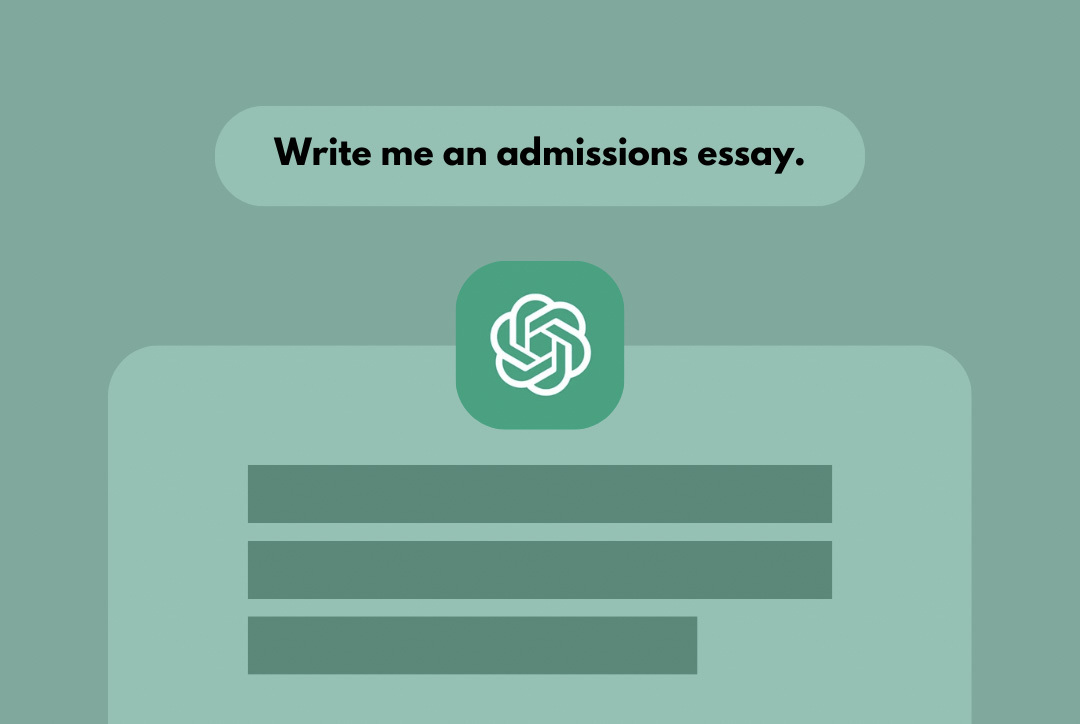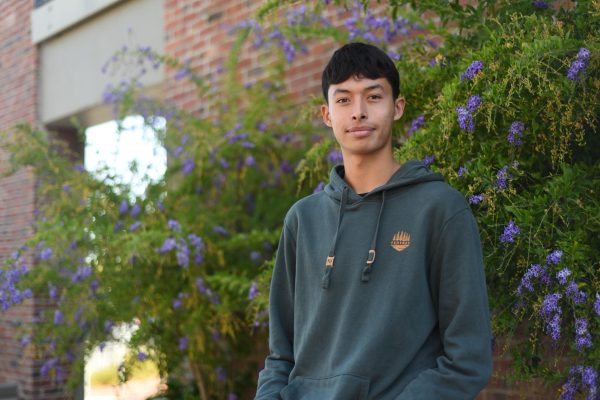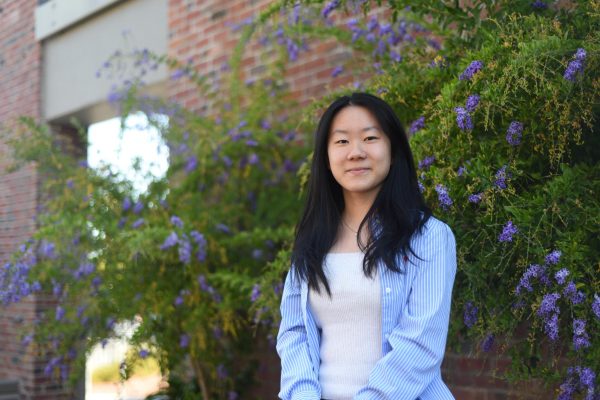Duke University made the decision to stop giving its applicant’s essays a numerical rating as a part of its holistic review for the 2023-2024 admissions cycle. The decision was made to combat the rise of text generative AI. Instead of scoring an applicant’s writing style, the university opted to only consider the topic and content of their essays.
Essays have long served as a principal component of college applications, offering applicants the opportunity to showcase their personality, intellect and unique perspectives, according to counselor Belinda Olson.
“Your numbers or your quantitative information is like the skeleton to your application, whereas the essays are like the ‘meat’ that fills you in terms of who you actually are,” Olson said. “Essays really convey who you are as a student, but also how you grew and what you’re looking for in the future and that has to come in writing. It’s a really important aspect of your application.”
Because admissions essays are of high importance to student’s college applications, removing the numerical rating system signals a shift in the evaluation of prospective students.
However, this decision has also brought to light the growing influence of AI-generated writing and its implications for the future of higher education. While AI tools can streamline processes and augment efficiency, they also significantly pose challenges — the impersonal nature of AI-generated content lacks authenticity and human insight. Olson believes that a reliance on AI risks homogenizing voices and a loss of diversity.
“Since AI is still evolving, it doesn’t quite know what its capabilities are, so it might generate similar things until it gets more data to work off of,” Olson said. “My hesitation is the similarity or the cookie cutter part of it that could be an outcome. I think AI can be a tool, but for an essay, there shouldn’t be anybody else who can write what you write.”
Counselor Ashley Voigt shares the sentiment. AI technology writing essays takes away from the uniqueness and authenticity of a student’s essay.
“Something can sound very crafted and all through ChatGPT or through AI, but colleges want to hear a student’s voice,” Voigt said. “They want to hear you as if it were like an interview. That’s what the essays kind of do. It’s a paper interview in that sense. If AI is doing that, that’s like having a robot or somebody else doing your interview, and that’s going to be a different answer than you would have come up with yourself.”
Duke’s decision only removes scoring of the writing style of every applicant’s essay, however, Duke continues to score the content of every applicant’s essay, a change which senior Alice Ross is on board with.
“When colleges are looking for well rounded students, grades and extracurriculars don’t really get that for you,” Ross said. “But then again a lot of people are being judged on how well they can write an essay, which isn’t really a grasp on their well roundedness.”
The fact that colleges have been recently experimenting with new admissions policies coupled with the new and fast-paced advancements of AI reveals an uncertainty in how Duke’s new policy will affect future trends in college admissions, according to Voigt.

Roughly 90 percent of seniors have reportedly heard of someone using AI on their college essays, with over 67 percent admitting to using it themselves. Ross says that the increased use of AI could reflect the culture of MVHS which she says encourages students to cheat on their essays to alleviate this stress.
“At MVHS there’s so much focus on getting straight A’s and success and not failing,” Ross said. “So many people in this school cheat on homework and tests and literally everything. And AI is just another form of cheating to get that college acceptance and to get that A. They’ll use whatever tools they have access to.”
If other universities follow Duke’s lead, some are concerned it might diminish the value of an admissions essay. While AI will continue to permeate academia, colleges will nevertheless continue to evolve their selection processes and policies.
“I imagine it’s very challenging for universities and even teachers who need to decide on their classroom AI policies in their syllabus,” Voigt said. “I appreciate that Duke is trying something.”















